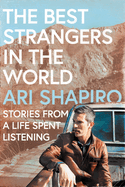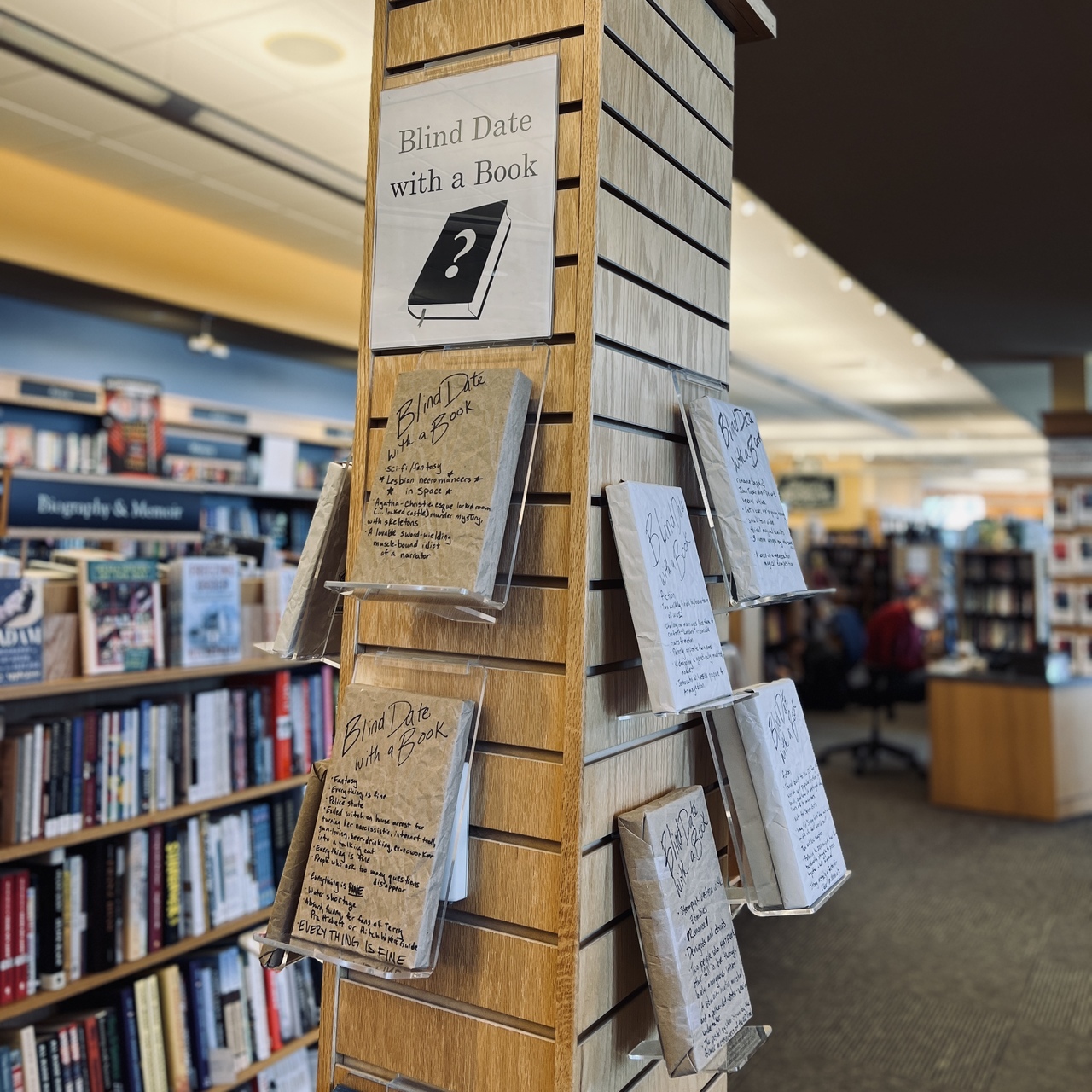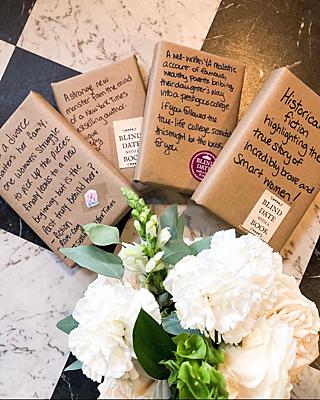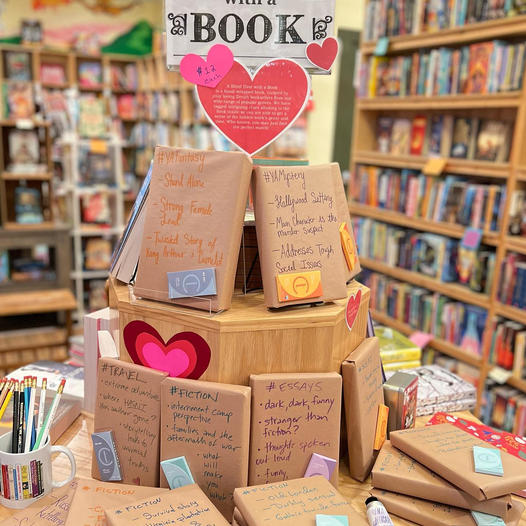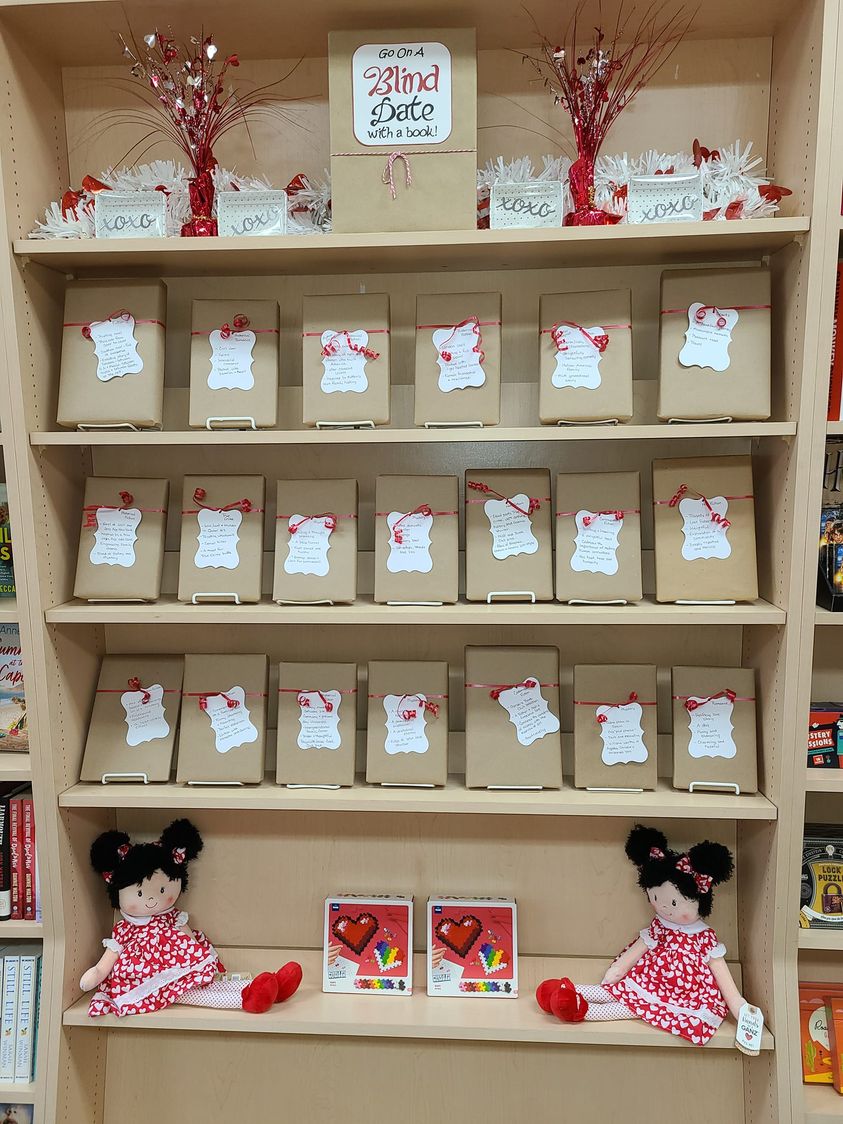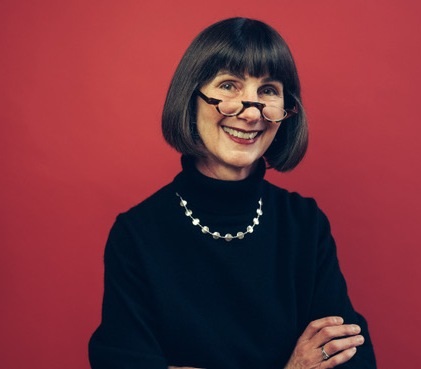 |
| photo: Kate Sweeney |
Sarah Iles Johnston spent much of her childhood reading Greek myths and now spends her professional life researching and teaching them as the College of Arts and Sciences Distinguished Professor of Religion and Classics at Ohio State University. In Gods and Mortals: Ancient Greek Myths for Modern Readers (Princeton University Press), she retells the myths in a fresh way that remains true to the ancient sources. Illustrator Tristan Johnston, her son, created 15 drawings, two maps and a jacket for the book. She's now working on a book about why many readers love supernatural horror fiction.
Handsell readers your book in 25 words or less:
It's a vibrant retelling of both famous myths and some that will be new to readers, crafted by someone who knows the ancient sources.
On your nightstand now:
V.E. Schwab's The Invisible Life of Addie LaRue (which I am half-reading, half-listening to as I drive), Isabel Colegate's The Shooting Party, Kate Atkinson's Shrines of Gaiety, and The Complete Saki, which is always, always good.
Favorite book when you were a child:
Gods, Heroes and Men of Ancient Greece by W.H.D. Rouse, which was first published in 1934 as a text for British schoolboys. For my 10th birthday, I wanted my own copy of D'Aulaires' Book of Greek Myths, but my father bought me Rouse instead, because he thought D'Aulaires' dumbed things down. I grew to love Rouse. His slightly antiquated verbiage charmed me, and he provided some information that children's books had blushingly omitted, such as the fact that Aphrodite sprang from blood that was spilled when the god Cronus overthrew his father.
Your top five authors:
A.S. Byatt. I especially like The Children's Book, which explores the pleasures, but also the dangers, of immersing oneself in fictional worlds.
Shirley Jackson. The Haunting of Hill House is the best supernatural horror novel of the 20th century.
Alexander McCall Smith. He's one of the wittiest writers I've ever read (which says a lot, given my next entry). I also love the fact that his stories demonstrate the way that small kindnesses can change the lives of both those who receive them and those who perform them.
P.G. Wodehouse. I've been besotted with him since I first stumbled across Pigs Have Wings when I was 20. Indeed, I named my younger son, Pelham, in his honor.
The unknown Greek poet who composed the Homeric "Hymn to Demeter" in the sixth century BCE. This is the earliest surviving narration of how Persephone was raped by Hades and what her mother, Demeter, did about it. The staging of the scenes and the vivid language enthrall me, whether I'm reading the Hymn in Greek or in English.
Book you've faked reading:
There are books I'm embarrassed to say I've never finished (such as Moby-Dick), but I'm a bad liar and don't even try to pretend.
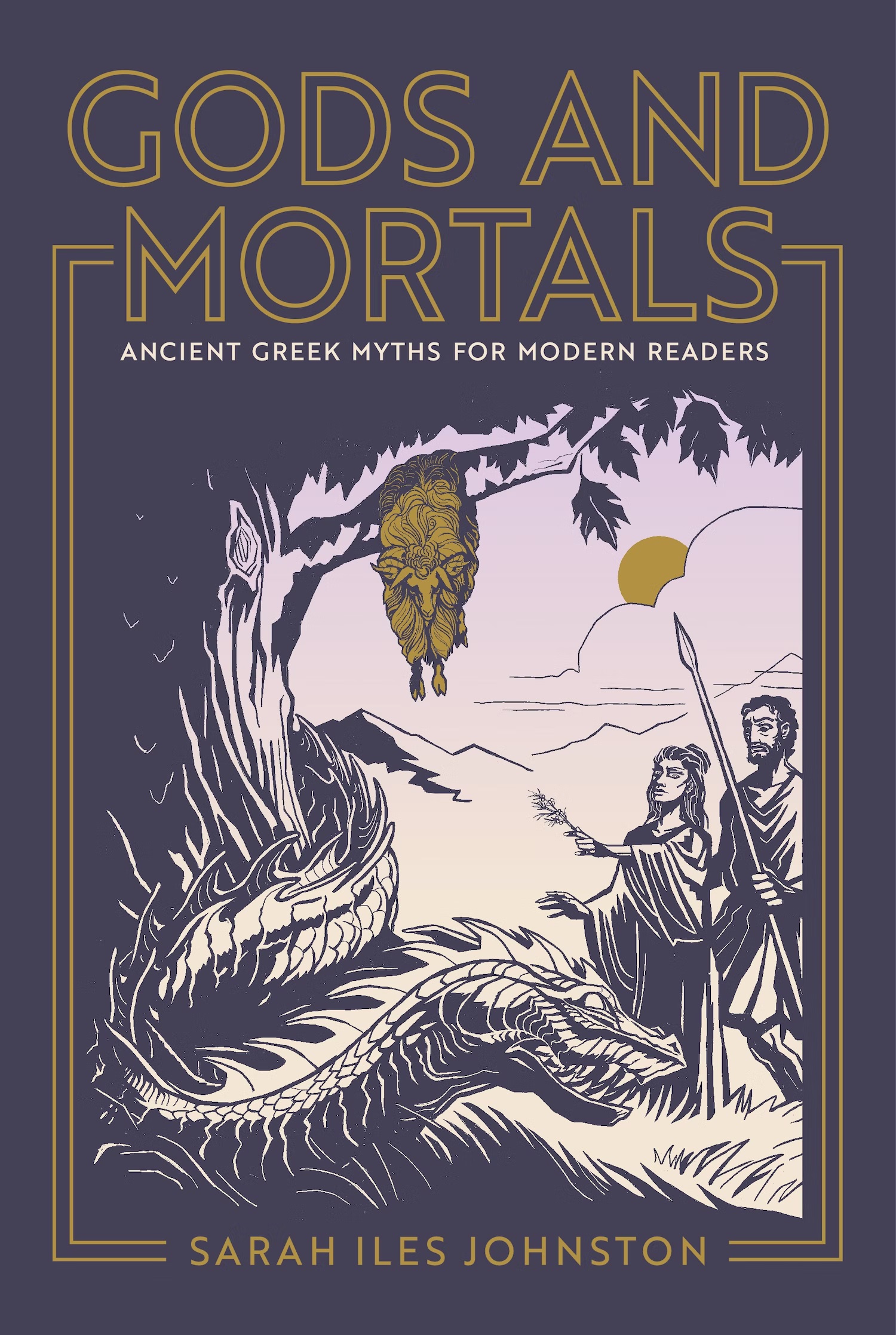 Book you're an evangelist for:
Book you're an evangelist for:
Piranesi by Susanna Clarke (2020). I am utterly in awe of this book and recommend it constantly. But once I get past the words "you have to read it," I become tongue-tied, because it's hard to describe Piranesi without ruining its pleasures. Let's just say that if you've ever wondered what it would be like to inhabit your favorite fantasy book, you'd better read this.
Book you've bought for the cover:
44 Scotland Street by Alexander McCall Smith. I was making an airport connection and needed something for the next flight. I'd never read anything by McCall Smith before, but the jacket illustration by Iain McIntosh--a stylized Georgian apartment house with various domestic scenes peeking through the windows--called to me. So I bought it, read it and was hooked on the author.
Book you hid from your parents:
My parents never made me feel I had to hide books. When I was a teenager, I was fascinated by contemporary witchcraft and bought a copy of Stewart Farrar's What Witches Do: A Modern Coven Revealed (1971), which includes photos of nude coven members (modestly nude, but still nude) performing rituals. I wonder what my parents thought of it.
Book that changed your life:
It wasn't a book: it was the reading list in the Greek mythology course that I took as a freshman. When I read the ancient works from which modern anthologies of myths are drawn, I was shocked by the brutal, petty nature of the gods. I finally learned the exact source of that paternal blood from which Aphrodite was born, for instance: Cronus had castrated his father. This and other unpleasant surprises put me off myths for about a year. Eventually, I returned. But the relationship was on a whole different footing.
Favorite line from a book:
I have many favorite scenes, such as E.F. Benson's description of how Elizabeth Mapp deviously acquires the recipe for lobster à la Riseholme (Mapp and Lucia, 1931), but few lines stick in my mind. One that does is from Aeschylus's Agamemnon: "Sing sorrow, sorrow: but good win out in the end," as Richmond Lattimore translates it. The members of the chorus say this when they learn that Agamemnon is returning from the Trojan War. They know that his wife will murder him and that horrors will unfold in the aftermath, but they try to stay positive. Two plays later, things do get better.
Five books you'll never part with:
It's easier to talk about two that I've thrown away. Stephen King's Pet Sematary and Peter Straub's Ghost Story frightened me so much that I didn't want to glimpse even the titles on their spines, so into the garbage they went. Years later, when I started working on supernatural horror fiction, I had to buy new copies and read them. They still frighten me, but now I think I know why. Stay tuned.
Book you most want to read again for the first time:
I can't think of any; I discover new things each time I reread my favorites. I am reading C.S. Lewis's Narnia books, Elizabeth Enright's Melendy books and Robert McCloskey's Homer Price books to my grandchildren and enjoying things I never saw as a child.
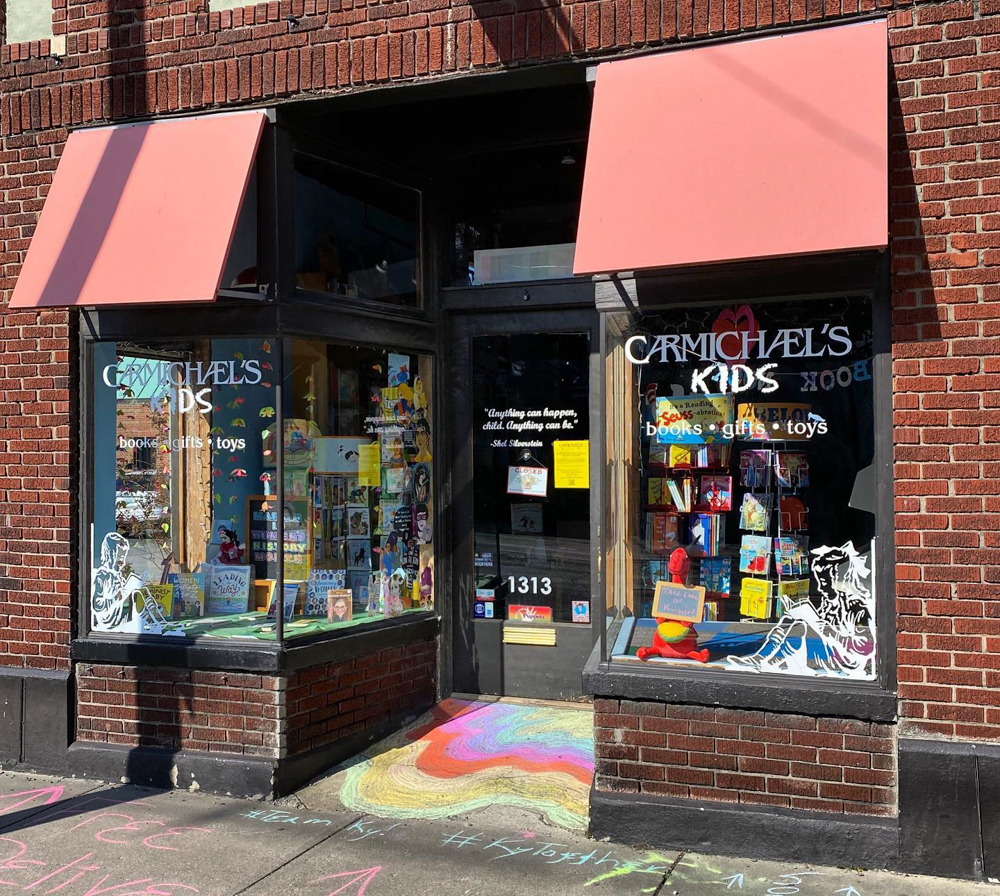 "It's an amazing industry to be a part of, and now we really all support one another all across the country. It's really cool because when you own a business, sometimes you start to feel a little overwhelmed and isolated. I really love knowing that I have this huge group of people across the country who are going through the same things and trying to make a successful business out of an industry that some people say is old-school."
"It's an amazing industry to be a part of, and now we really all support one another all across the country. It's really cool because when you own a business, sometimes you start to feel a little overwhelmed and isolated. I really love knowing that I have this huge group of people across the country who are going through the same things and trying to make a successful business out of an industry that some people say is old-school."




IPC.0204.S3.INDIEPRESSMONTHCONTEST.gif)




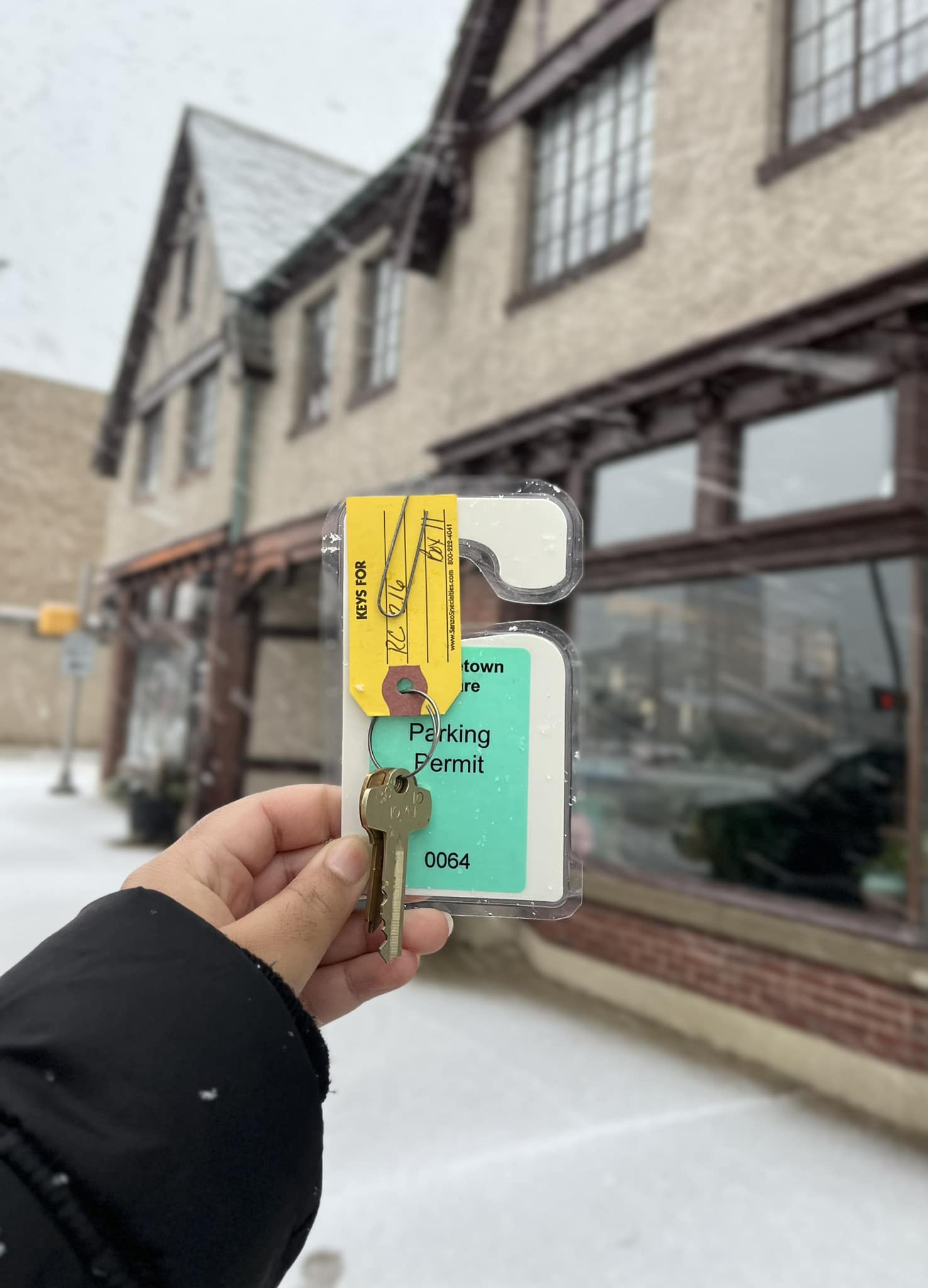

 The
The 
IPC.0211.T4.INDIEPRESSMONTH.gif)
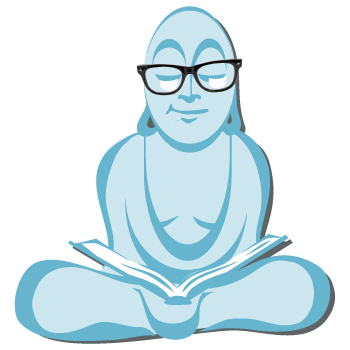 Last year, we ran thousands of ads across all of our publications--so we know a thing or two about great book marketing!
Last year, we ran thousands of ads across all of our publications--so we know a thing or two about great book marketing!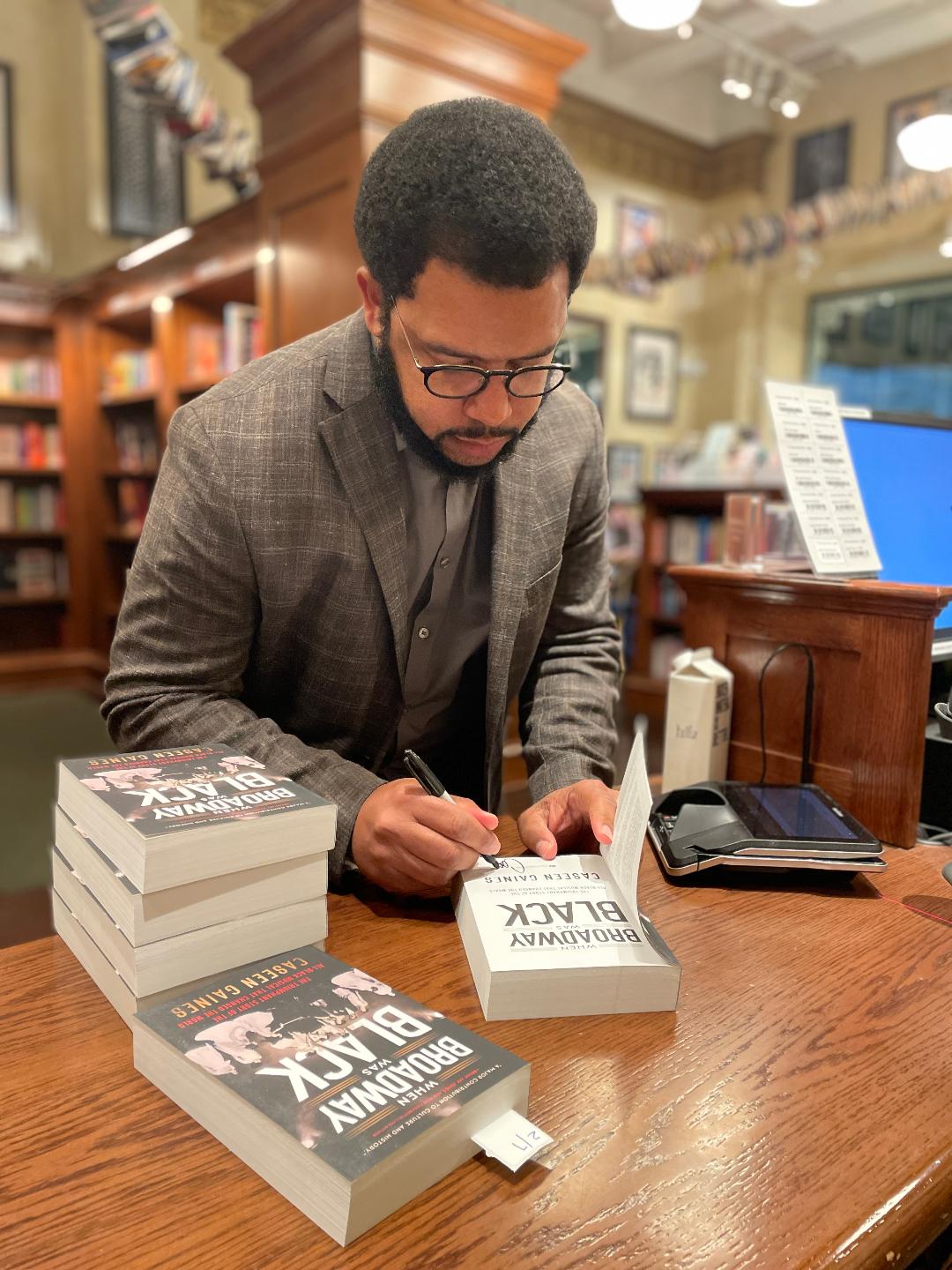 Caseen Gaines signs copies of When Broadway Was Black (Sourcebooks; previously published in hardcover as Footnotes) at
Caseen Gaines signs copies of When Broadway Was Black (Sourcebooks; previously published in hardcover as Footnotes) at 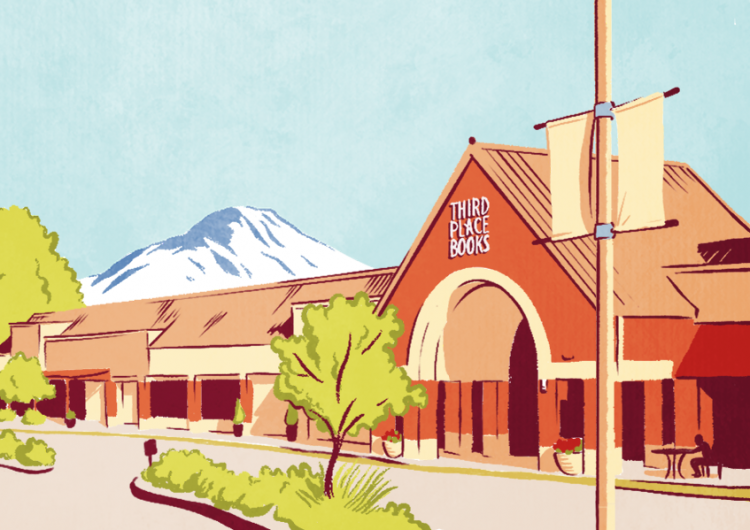 Tomorrow, February 11,
Tomorrow, February 11, 
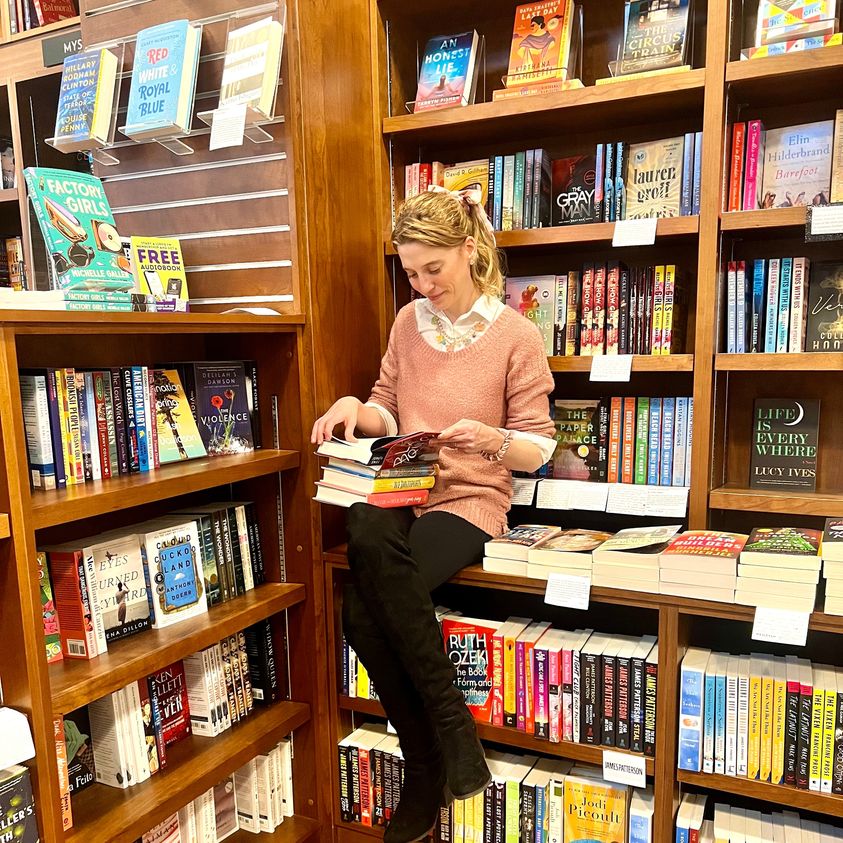 Wesleyan RJ Julia Bookstore
Wesleyan RJ Julia Bookstore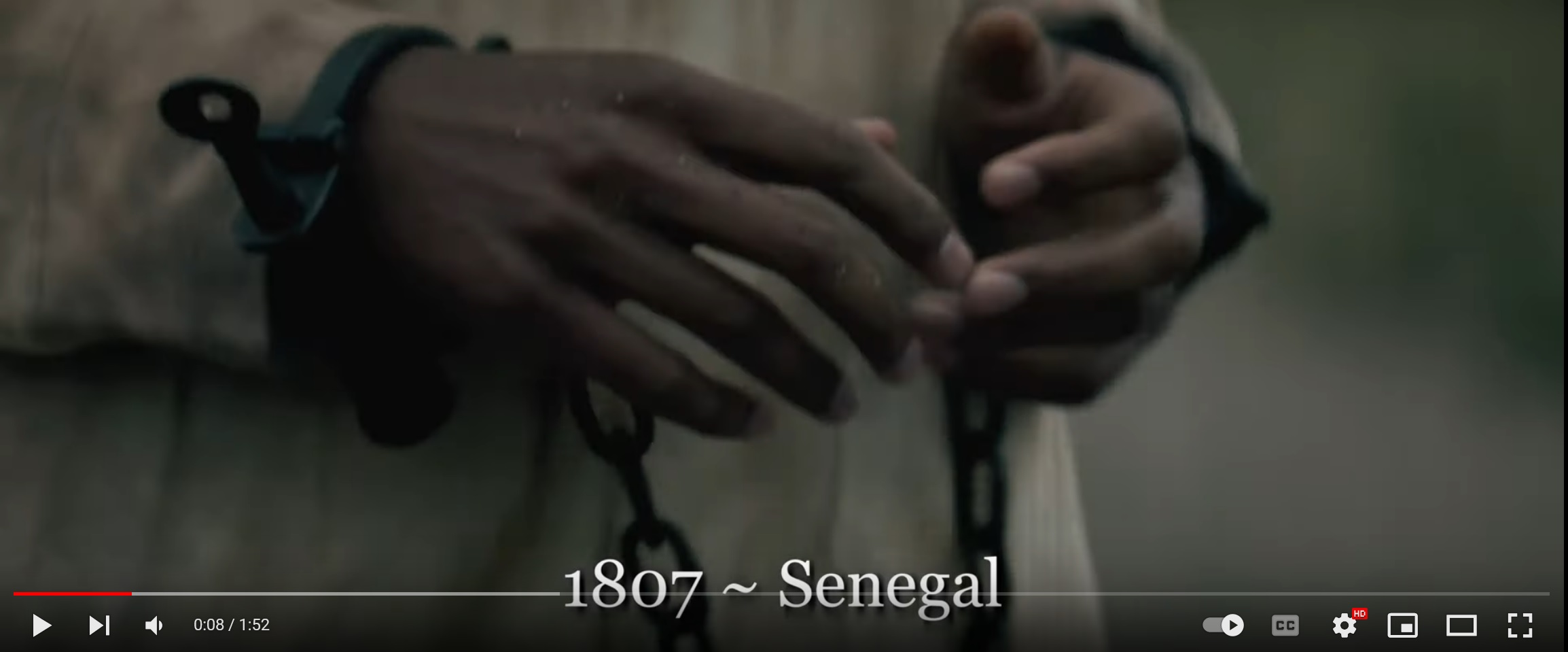 The Peach Seed
The Peach Seed
 Book you're an evangelist for:
Book you're an evangelist for: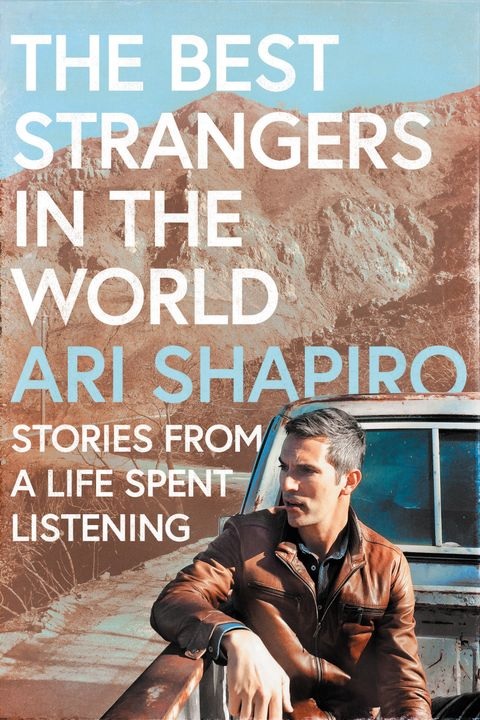 Smart, humane and just a bit quirky, The Best Strangers in the World: Stories from a Life Spent Listening is exactly the kind of memoir one would expect from Ari Shapiro, veteran NPR correspondent and host of the network's iconic evening news program All Things Considered. In an episodic collection of pieces, including two "musical interludes," Shapiro blends highlights of his two decades at NPR with personal stories, all intended to illuminate his goal of "seeking out ways to help people listen to one another."
Smart, humane and just a bit quirky, The Best Strangers in the World: Stories from a Life Spent Listening is exactly the kind of memoir one would expect from Ari Shapiro, veteran NPR correspondent and host of the network's iconic evening news program All Things Considered. In an episodic collection of pieces, including two "musical interludes," Shapiro blends highlights of his two decades at NPR with personal stories, all intended to illuminate his goal of "seeking out ways to help people listen to one another."